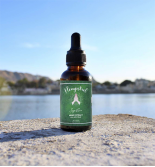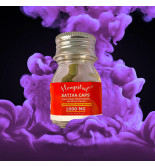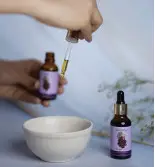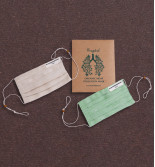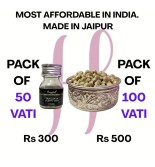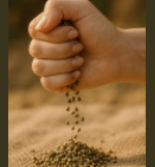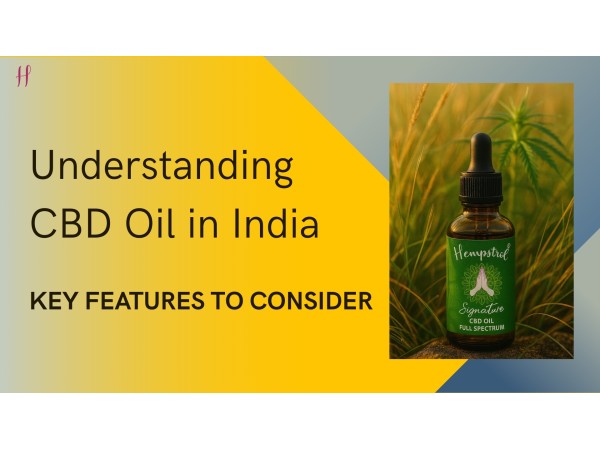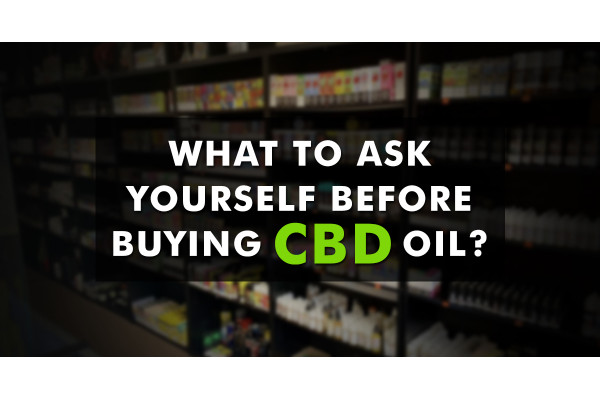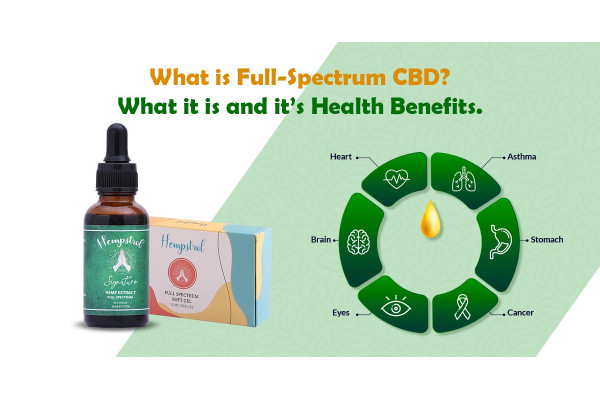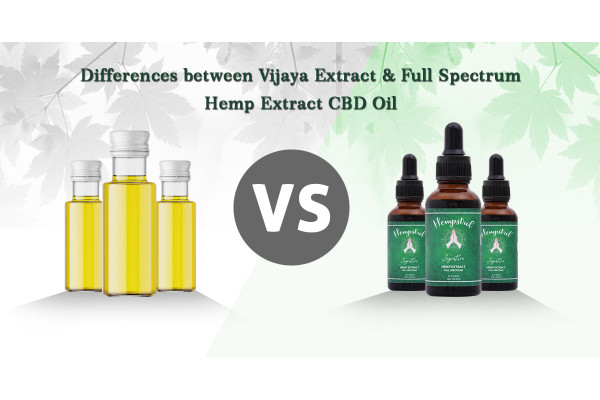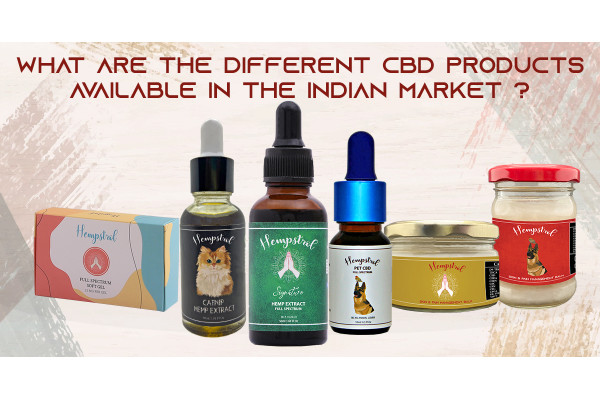Understanding Cannabidiol Oil in India: Key Features to Consider
As more Indians explore natural remedies to manage stress, anxiety, chronic pain, and sleep disorders, cannabidiol oil India is becoming a wellness product of growing interest. Derived from the hemp plant, CBD oil is non-intoxicating, legal under certain guidelines in India, and supported by increasing global research for its therapeutic potential.
But with popularity comes complexity. Not all CBD oils are created equal, and with a flood of products entering the Indian market—many with confusing labels and vague claims—it’s essential to understand what makes a good CBD oil and what to look for before making a purchase.
In this article, we simplify the CBD buying journey by outlining the key features to consider, so you can choose a safe, effective, and trustworthy product that aligns with your wellness goals.
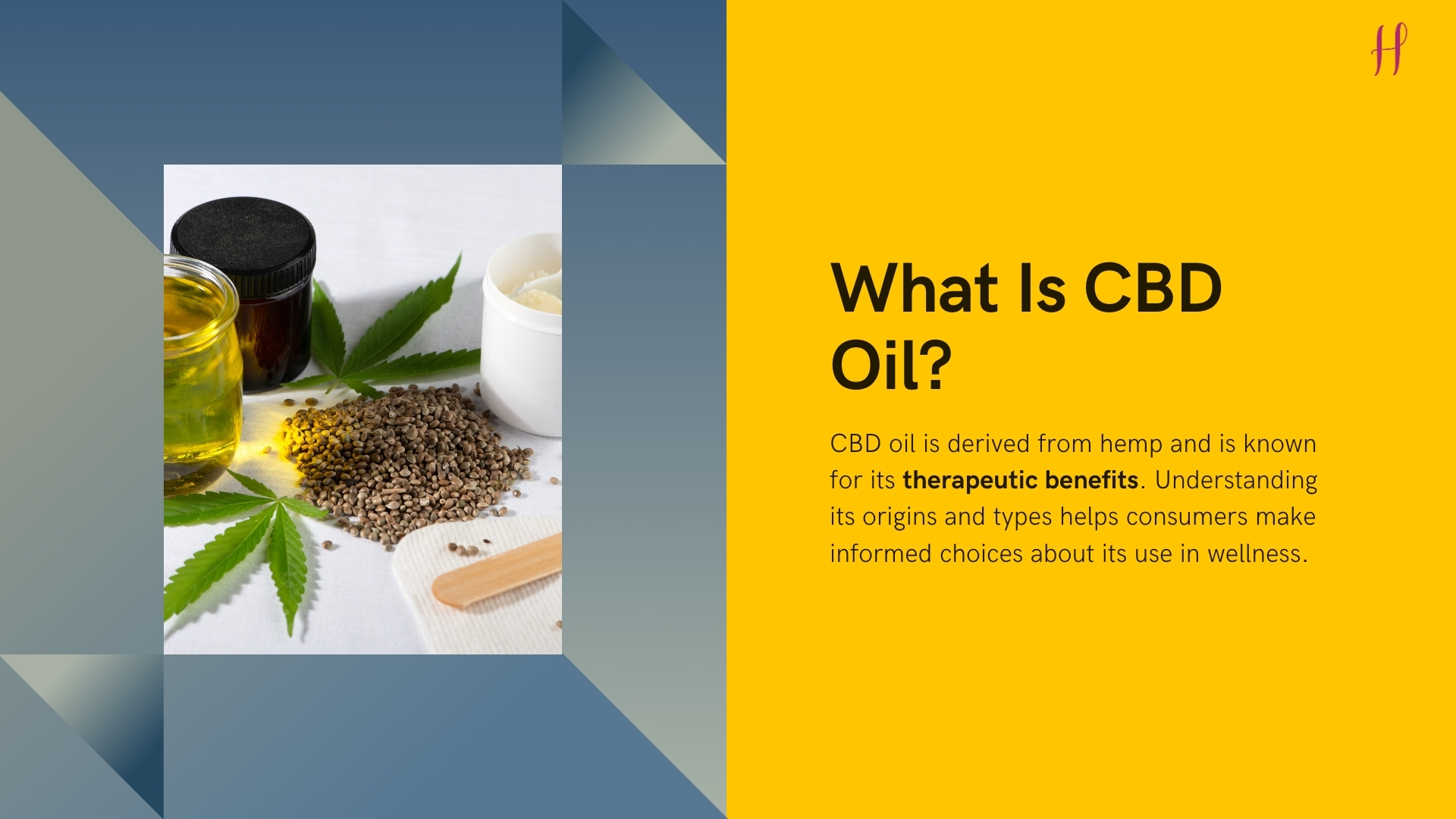
1. What Is CBD Oil? A Quick Refresher
CBD (Cannabidiol) is a natural compound found in Cannabis sativa, primarily extracted from hemp—a variety of cannabis that contains less than 0.3% THC (the psychoactive compound). CBD interacts with the body’s endocannabinoid system (ECS), which helps regulate pain, mood, sleep, and immune responses.
Unlike THC, CBD does not cause a high. Instead, it offers potential benefits such as:
Reduced anxiety and stress
Relief from chronic pain and inflammation
Improved sleep quality
Neurological support in conditions like epilepsy or Parkinson’s
In India, CBD oil is legal when derived from hemp and sold under licensed Ayurvedic formulations or wellness products. Products with a balanced THC:CBD ratio are also legal if prescribed by a certified medical practitioner under AYUSH regulations.
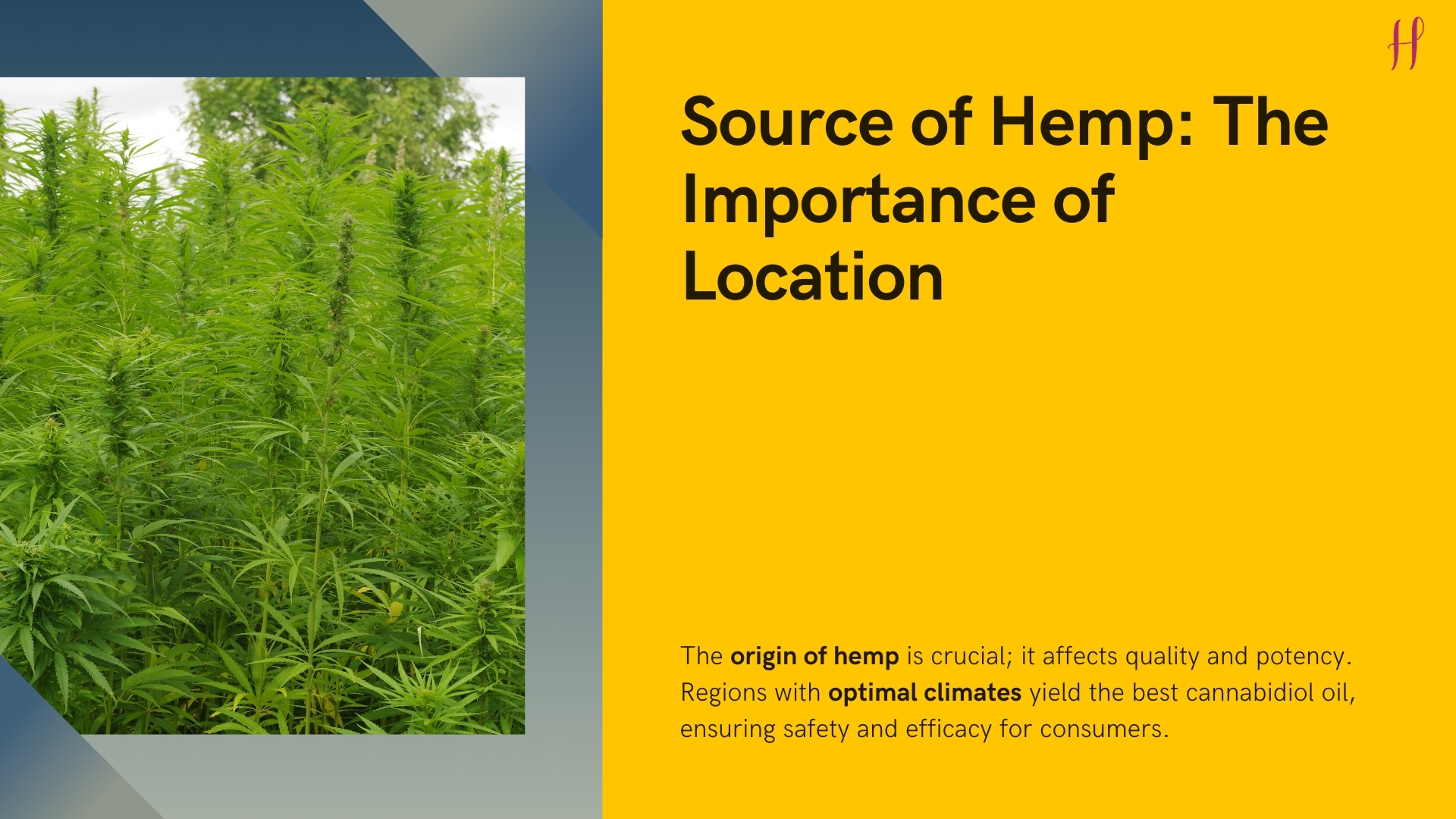
2. Source of the Hemp: Where It’s Grown Matters
The quality of CBD oil starts with the source of the hemp plant. Hemp is a bioaccumulator, which means it absorbs everything from the soil—good and bad. That’s why hemp grown in clean, regulated environments yields purer, safer CBD extracts.
Look for CBD oil sourced from:
Certified organic hemp
Farms in India (e.g., Uttarakhand), Europe, or USA
Companies that mention specific farming practices and locations
Why it matters:
Hemp grown in contaminated soil may contain heavy metals, pesticides, or other toxins that compromise safety.
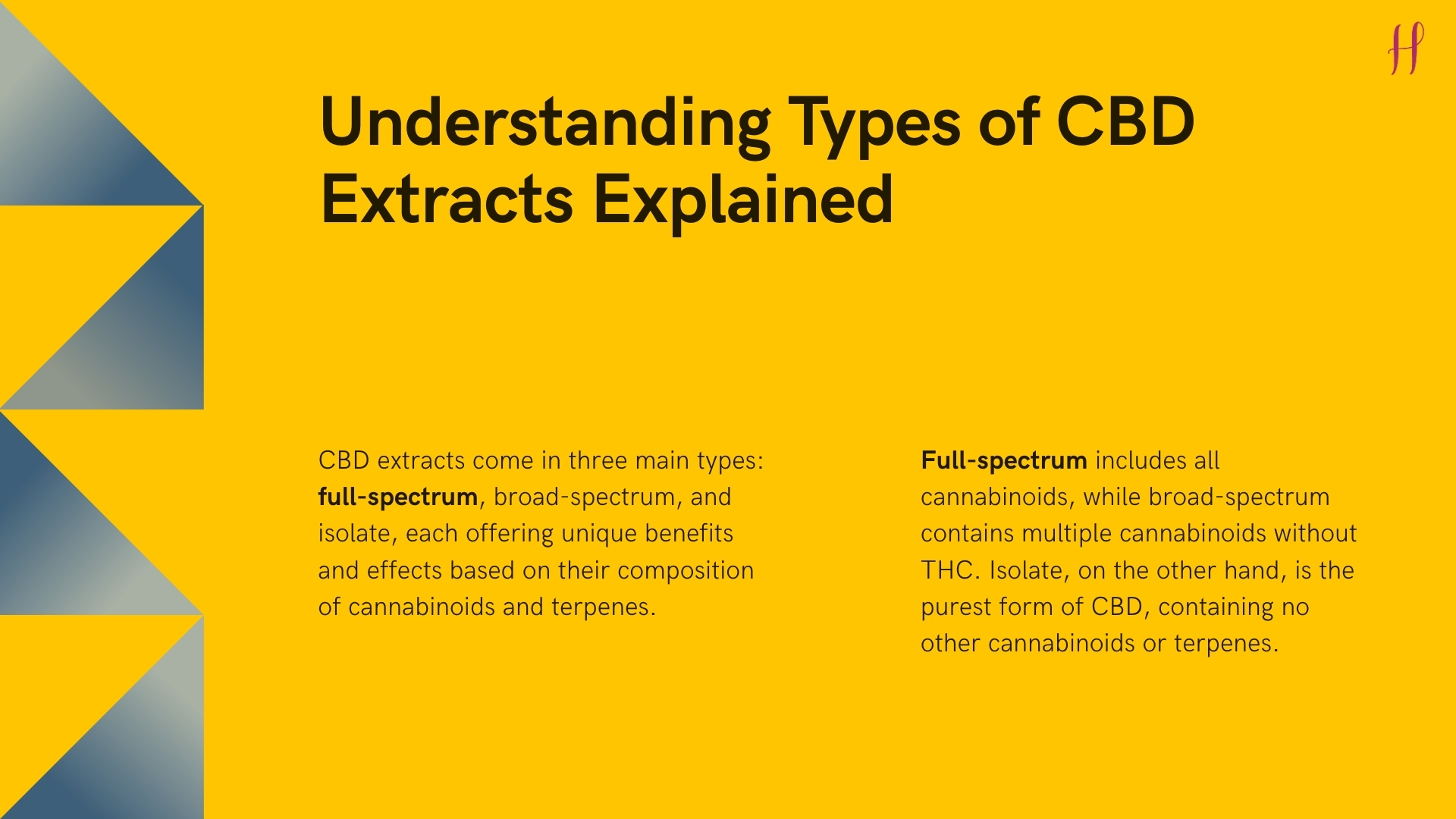
3. Types of CBD Extracts: Full-Spectrum, Broad-Spectrum, and Isolate
Understanding the type of extract is key to choosing the right product for your needs.
• Full-Spectrum CBD
Contains all naturally occurring compounds from the hemp plant—including cannabinoids (like THC), terpenes, and flavonoids. May offer enhanced benefits through the “entourage effect”, where compounds work better together.
• Broad-Spectrum CBD
Similar to full-spectrum, but THC is removed. Ideal for those who want comprehensive benefits without any trace of THC.
• CBD Isolate
Pure CBD with no other plant compounds. Suitable for those sensitive to THC or trying CBD for the first time.
Pro Tip:
For chronic conditions like anxiety or pain, full-spectrum may offer more relief. For beginners or THC-sensitive users, broad-spectrum or isolate is a good start.
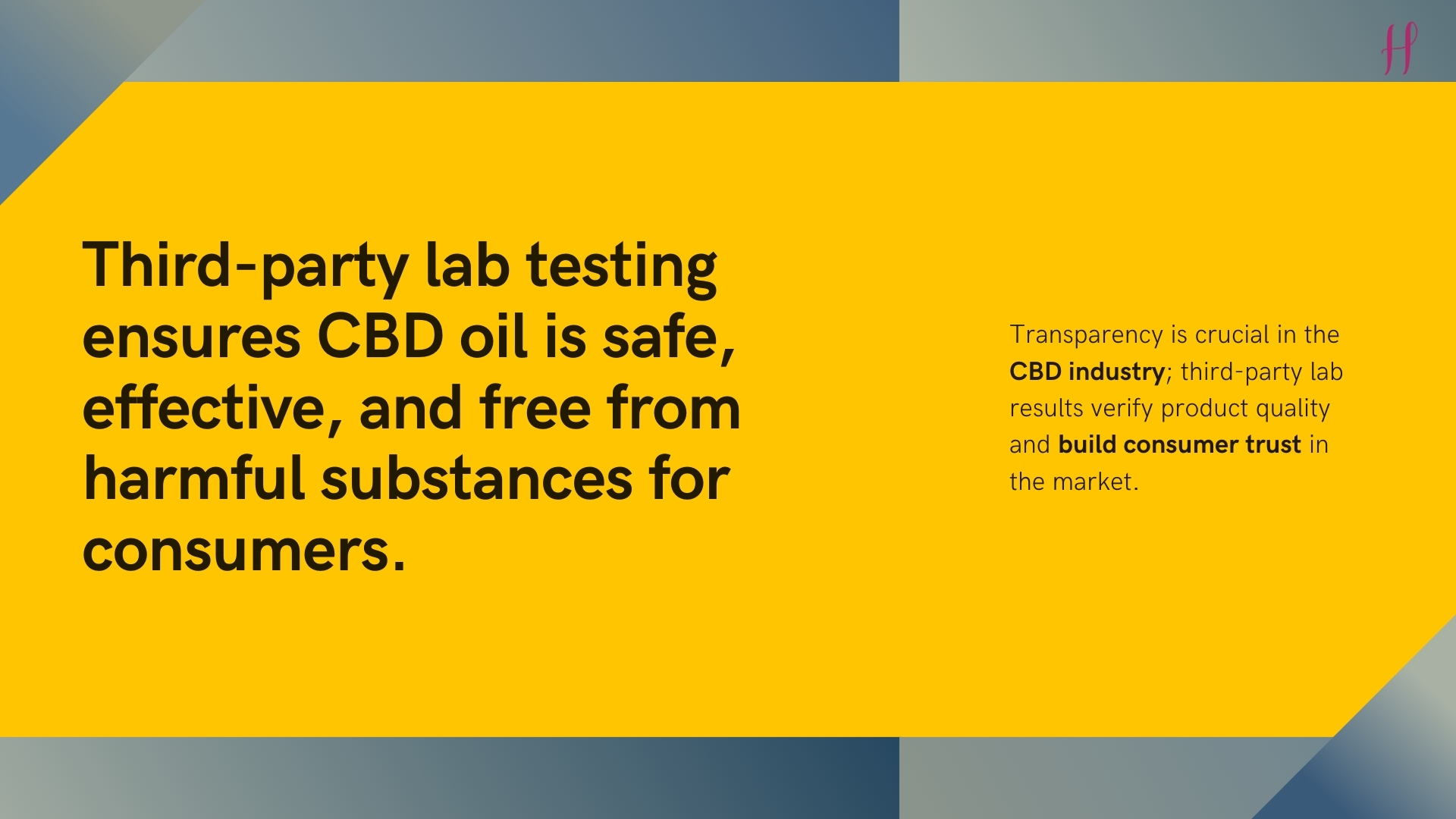
4. Third-Party Lab Testing and Transparency
A trustworthy CBD oil will always be backed by third-party lab reports, also known as Certificates of Analysis (COAs). These reports verify:
CBD and THC content
Presence (or absence) of contaminants like heavy metals, pesticides, and residual solvents
Product safety and label accuracy
In India’s largely self-regulated CBD market, transparency is everything.
Checklist before buying:
Is the lab report recent?
Is the testing done by an independent lab, not in-house?
Are the cannabinoid percentages clearly mentioned?
Why this matters:
A 2022 global survey by Leafreport found that over 50% of CBD brands had at least one mislabeled product. Lab testing is your only assurance of what’s in the bottle.
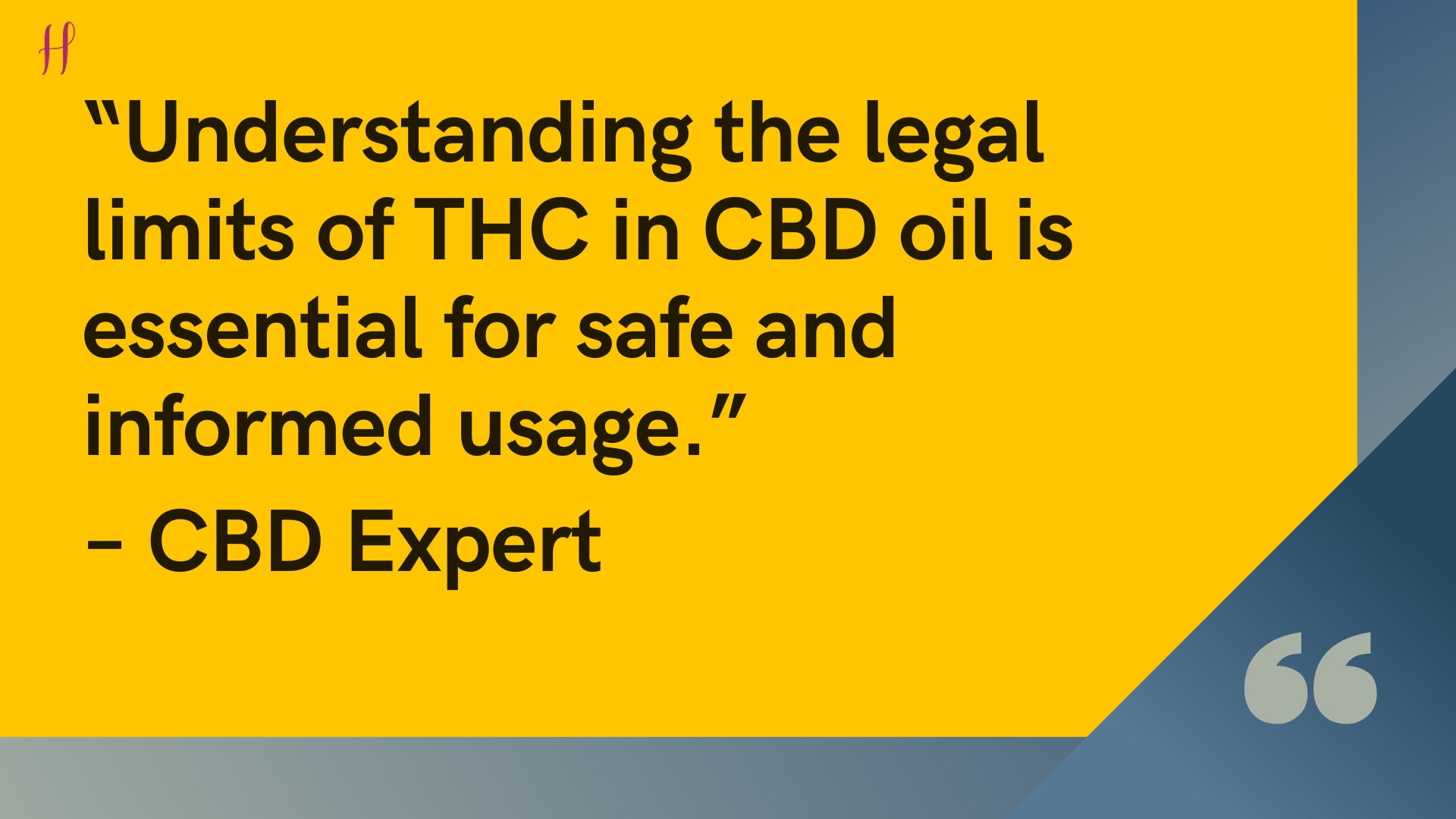
5. THC Content: What’s Legal and What’s Safe
In India, hemp-derived CBD oil with less than 0.3% THC is generally considered legal. Some cannabis oil Ayurvedic formulations may include THC:CBD ratios like 1:1, especially for therapeutic use in chronic conditions, under a valid prescription.
Make sure the product label or COA confirms:
The exact THC percentage
That it’s within legal limits (or clearly prescribed by a doctor)
Why it matters:
THC in high amounts may cause psychoactive effects or show up in drug tests—so always choose according to your body’s needs and comfort level.
6. Carrier Oil and Additional Ingredients
CBD is diluted in a carrier oil to aid absorption. Common options include:
MCT oil (coconut-derived): Fast absorption and gut-friendly
Hemp seed oil: Nutrient-rich and natural pairing with hemp extract
Olive oil: Mild taste, good for sensitive stomachs
Also, check for:
Artificial additives or flavors
Preservatives
Allergen information
Premium tip:
The fewer the ingredients, the better. Look for a clean, minimal ingredient list with clearly defined terms.
7. Dosage Clarity and Strength Options
CBD oils are available in various strengths, typically from 300 mg to 3000 mg per bottle. The strength you choose depends on:
Your experience level with CBD
The condition you’re addressing
Your body weight and metabolism
A good brand will offer:
A clear dosing guide based on condition or body weight
A dropper with measured markings
Access to consultation or customer support
Why it helps:
Precise dosing ensures that you don’t underuse or overuse the product—and helps you track progress better over time.
8. Brand Reputation and Customer Support
With new cannabidiol oil India brands launching frequently, credibility becomes essential. Look for:
Positive reviews on verified platforms
Brand transparency about sourcing, testing, and ingredients
Access to health professionals or Ayurvedic experts for consultation
Responsive and helpful customer service
Bonus tip:
Many reputable Indian brands also offer starter kits or doctor-backed prescriptions if you’re unsure where to begin.
At last,
CBD oil is more than a health trend—it’s a step toward natural, evidence-backed healing. But not all CBD oils are created equal, especially in an emerging market like India.
By focusing on:
Hemp source and extraction method
Third-party testing
Type of CBD extract
THC content and legal clarity
Ingredients, dosage, and brand support
…you can make a well-informed, confident decision that truly supports your wellness journey.
Choosing CBD oil isn’t just about what works—it’s about what works best for you.
And with the right knowledge, that choice becomes easier, safer, and far more rewarding.
